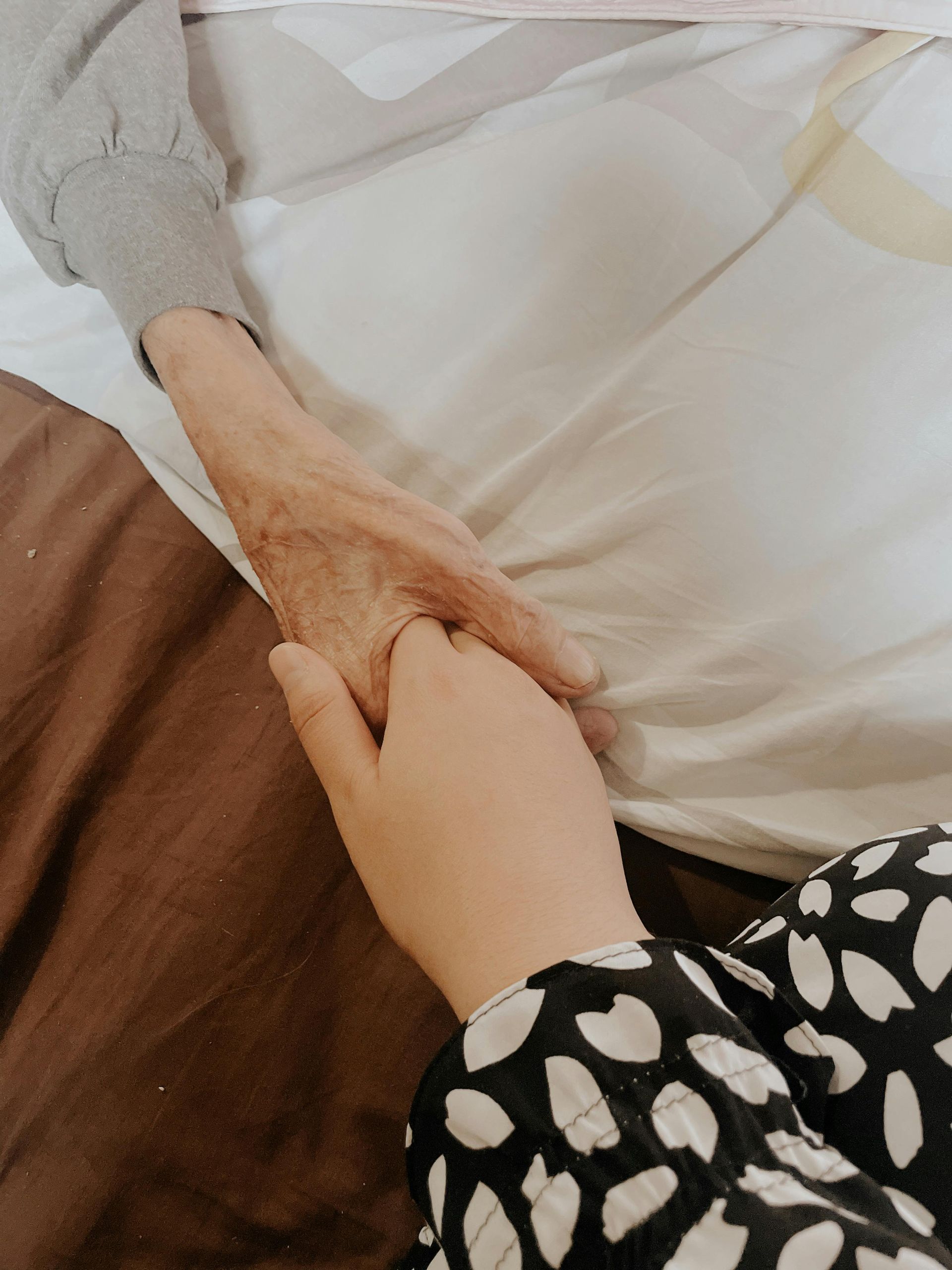Kansas Struggles with Low-Care Nursing Home Residents, Ranking Among the Worst in the Nation
The United Health Foundation recently released the America’s Health Rankings® 2024 Senior Report, offering a detailed look into the health and well-being of older adults across the United States. The report examines 52 measures of health from 24 distinct data sources, providing a comprehensive overview of how each state supports its aging population. Unfortunately, Kansas continues to lag in a crucial area—low-care nursing home residents.
Kansas ranks #47 in the nation (same as last year, 2023) for the percentage of low-care residents in nursing homes, meaning that a higher proportion of older adults who require minimal assistance are still being placed in institutional settings. With 17% of Kansas nursing home residents classified as low-care, the state is among the worst in the nation, surpassed only by Missouri and Oklahoma, which have even higher percentages.
Alaska wasn’t rated in this category, which means Kansas might be the 4th worst, or possibly the 3rd worst, depending on how you interpret the data. In contrast, Hawaii leads the nation with only 2.6% of its nursing home residents classified as low-care, followed by Maine at 2.9%. Montana narrowly edged out Kansas, ranking 46th with 16.3%.
This troubling statistic highlights the need for more readily available long-term care services and supports within Kansas communities, allowing residents aged 65 and older the option to delay or avoid institutional care. The availability of these services is vital for maintaining the independence and quality of life for older adults.
In the broader context of national healthcare rankings, Kansas fares somewhat better, coming in at 25th overall. However, neighboring states show a wide range of rankings, with Colorado ranking 2nd, Nebraska at 14th, Missouri at 41st, and Oklahoma close to the bottom at 46th.
The report also identifies other critical areas where Kansas must improve:
- Drug Deaths Among Older Adults: The number of drug-related deaths per 100,000 adults aged 65 and older has risen dramatically in Kansas, increasing by 61% from 5.7 (2017-2019) to 9.2 (2020-2022).
- Healthcare Disparities: There is a significant disparity in avoiding care due to cost among older adults in Kansas. Those with less than a high school education are 15.2 times more likely to avoid care compared to those with a college degree.
These findings underscore the importance of addressing the systemic issues in Kansas’ long-term care and healthcare systems to ensure that all older adults have access to the care they need, regardless of their level of required assistance or socioeconomic status. As the state continues to rank poorly in areas like low-care nursing home residents, it’s clear that more needs to be done to support our aging population.






